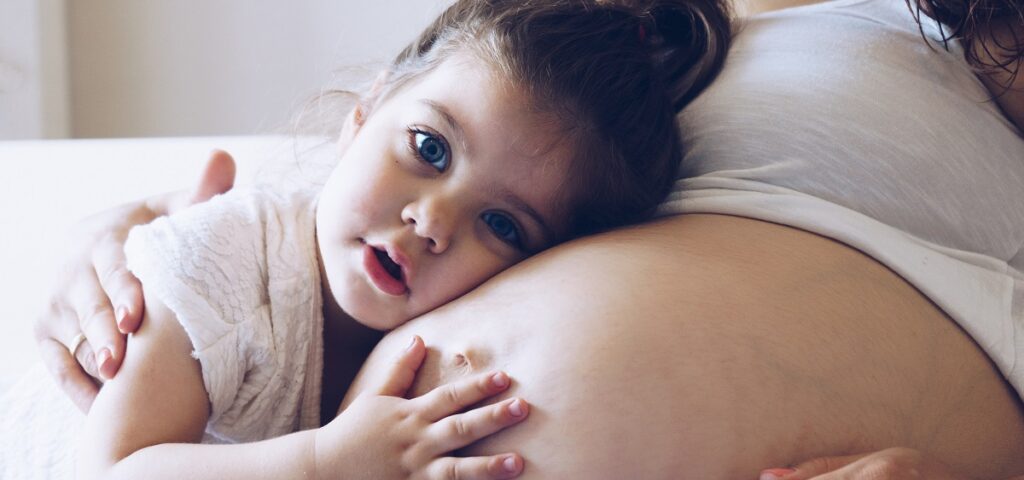La Maison Bleue has recently set itself a new goal to provide better support for pregnant women: combining the work of legal professionals with that of social workers directly on the field.

La Maison Bleue was founded in 2007 to support pregnant women in vulnerable situations. It currently has four service points in Montreal. Located in Côte-des-Neiges, Parc-Extension, Saint-Michel and Verdun, these “houses” offer medical monitoring of pregnancy and early childhood, a “privileged period of intervention [that] optimizes the medium and long-term positive effects on the family,” as stated on the organization’s website.
Combined with comprehensive educational and psychosocial support, this “social perinatal care” approach fosters the optimal development of children, since follow-ups take place from pregnancy until the child is five years old.
“The legal side was mainly the responsibility of social workers,” explains Julien Dion, lawyer and mediator at La Maison Bleue, in an interview on Angle Droit, a French radio show hosted by Éducaloi.
A holistic approach
Pregnant women are supported by medical and social workers in all matters relating to their health and well-being, but they may also need legal assistance. Using the example of a bedbug infestation, Me Julien Dion notes that there are many aspects to consider when dealing with the situations their vulnerable clientele face.
“You have to solve the problem at home, for example by sending a demand letter to the landlord or by requesting an inspection by the City of Montreal,” he says. “Everything is interrelated, so we added a legal services team to La Maison Bleue a year ago, to have a holistic vision of how to support pregnant women and their families.”
Women and families who have gone through recent immigration, isolation, financial insecurity, mental health problems and/or substance abuse are but a few examples of clients in vulnerable situations who are supported by la Maison Bleue.
Impacts and results of La Maison Bleu from April 1st, 2021 to March 31st, 2022:
- 362 pregnancies followed
- 3038 individuals followed
- 125 interdisciplinary internships
A helpful guide in a bureaucratic “maze”
Me Julien Dion describes his role as that of a guide for those navigating the legal system.
“We do a lot of immigration law, and there’s a lot of paperwork involved,”he says.“I see myself as a guide within this system, this labyrinth, trying to accompany the person.”
It’s not always an easy task, especially in the case of families he meets repeatedly over months or even years.
“We get attached to people,”admits Me Julien Dion. “We have to be empathetic while protecting ourselves to a certain extent by understanding the limited role we can play. We can’t save the person. We can surround them with a team, a whole village to help them, but we’re not the ones who have the final say when it comes to decisions, legal or otherwise, or ensuring that these people hold themselves accountable.”
The tree that hides the forest
Immigration-related issues make up a large part of Me Julien Dion’s work, but sometimes, by meeting a person and asking questions, other issues are revealed.
“I met someone for a specific immigration issue, and one thing led to another. The woman opened up about violence she was suffering at home,” he recounts.“I worked with her so that she would understand her rights in Quebec, how things work, the repercussions on her immigration status…”
The woman was very afraid that the situation would have an effect on her immigration status, when, in fact, there would be no such consequences, the lawyer maintains. “The social worker and I deconstructed this fear,” explains Me Julien Dion.
Recently, the woman left her husband, he adds. “She found a place where she feels safe. She was able to give birth with one less fear in mind, and her immigration status is almost complete. We’ve restored a little of this person’s power to act,”concludes Me Julien Dion.





